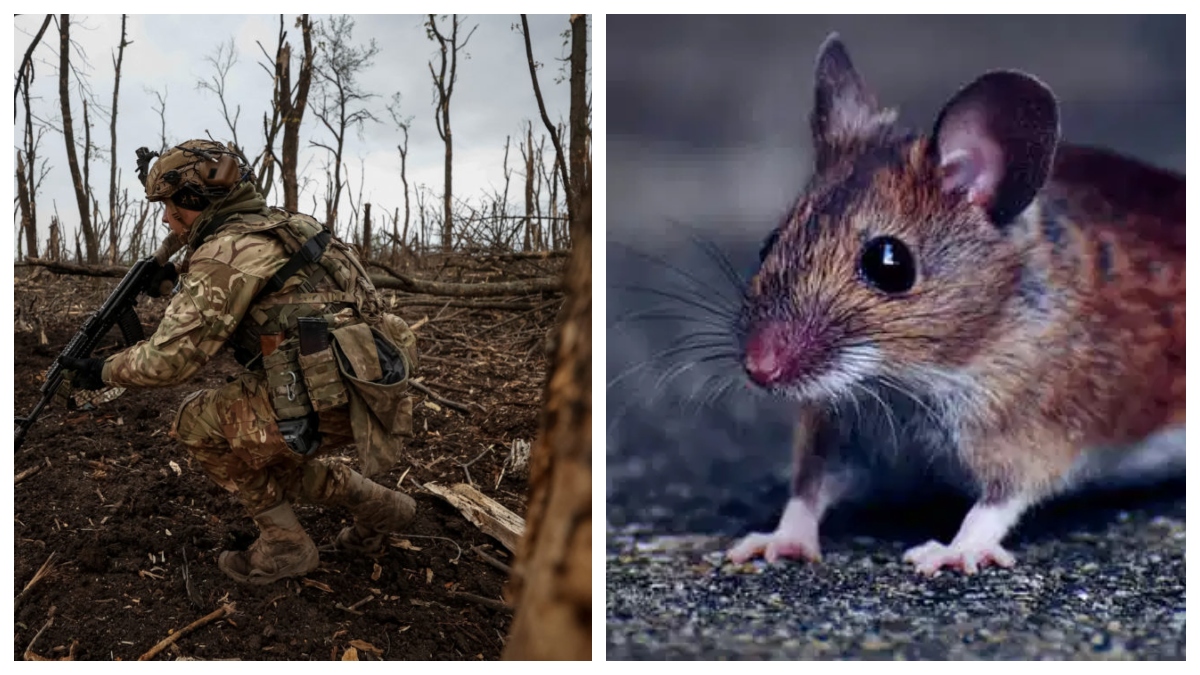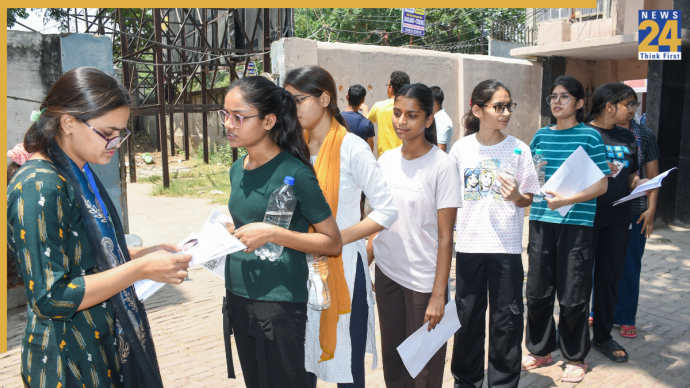Ukraine claims that an outbreak of ‘mouse fever’ is affecting Russian frontline troops, causing symptoms like vomiting and bleeding eyes. The Main Intelligence Directorate (HUR) of Ukraine reported the outbreak in Russian units in Kupyansk, where troops are grappling with a shortage of winter provisions.
Cause Of The Disease
The report mentioned that the disease, a bacterial infection, can be transmitted to humans through direct contact with rodents or by inhaling their feces. The listed symptoms include a severe headache, a rise in body temperature up to 40 degrees, rashes and redness, decreased blood pressure, hemorrhages in the eyes, as well as nausea and frequent vomiting.
Ukraine is using the term ‘mouse fever,’ which is akin to rat-bite fever. According to the US Centers for Disease Control and Prevention (CDC), rat-bite fever is a collection of illnesses transmitted when individuals come into contact with urine, saliva, or droppings from rodents. Some suggest that the symptoms described as ‘mouse fever’ bear resemblance to leptospirosis, another disease spread through contact with rodents. However, it remains uncertain if Ukraine is specifically referring to the same illness.
Symptoms
As reported by FirstPost Ukrainian intelligence has outlined common symptoms of ‘mouse fever,’ including headaches, a rise in body temperature to 40 degrees, rashes, redness, decreased blood pressure, hemorrhages in the eyes, and frequent nausea and vomiting. The CDC also notes that sudden intense headaches, back pain, fever, and chills are common symptoms associated with ‘mouse fever.’ Medical experts mention that symptoms typically manifest three to 10 days after contact with the bacteria, but in some cases, the onset can be delayed up to three weeks.
The agency asserted that Russian commanders had reportedly ignored complaints about the outbreak, considering them to be excuses to avoid combat. In the Kupyansk front direction, the directorate noted a widespread occurrence of mouse fever, significantly reducing the combat effectiveness of Russian troops. Complaints from Russian army personnel about the fever were allegedly disregarded by command, as they were perceived as attempts to evade participation in combat, especially given that the initial stage of ‘mouse fever’ resembles common flu symptoms.
Ukraine’s military is shifting to a defensive strategy after a failed summer counteroffensive against Russia. They are reinforcing field defenses, but despite Western-supplied weapons, the recent assault faced difficulties due to strong Kremlin defenses along the 600-mile front line and a lack of crucial air cover.
Russian President Vladimir Putin is expecting that Western allies will grow weary of funding Ukraine’s expensive war effort, paving the way for a new offensive push next year. In preparation, he has geared the Russian economy for war. On the other hand, Ukrainian President Volodymyr Zelenskyy maintains confidence in the United States’ commitment to provide billions in aid to support Kyiv’s ongoing fight.













